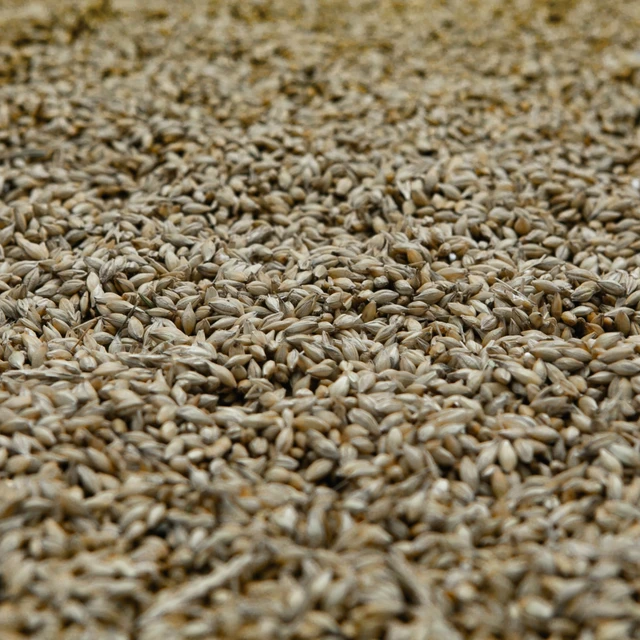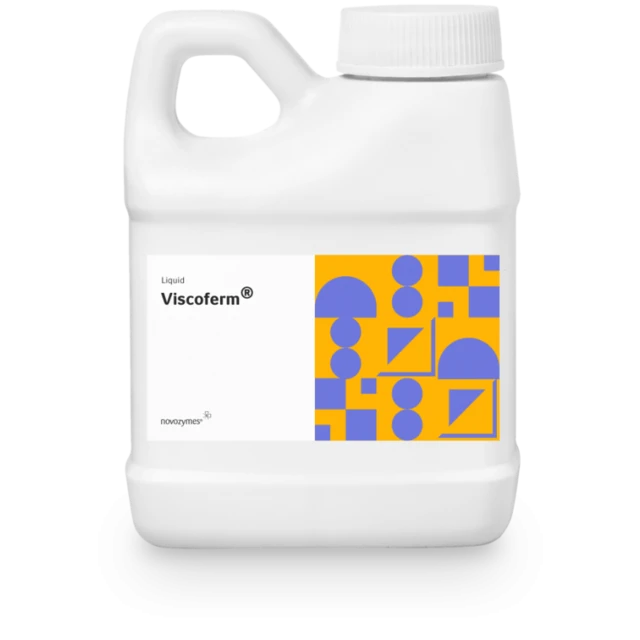Higher dry solids for a range of benefits
With our viscosity reducing enzymes, you can reduce the viscosity of mashes and liquids in all stages of your process. That means you can run at higher dry solids (DS) to achieve higher output. You can also cut your energy, water and operational costs. With lower viscosity you get less fouling, which means less wear on equipment and less cleaning.


